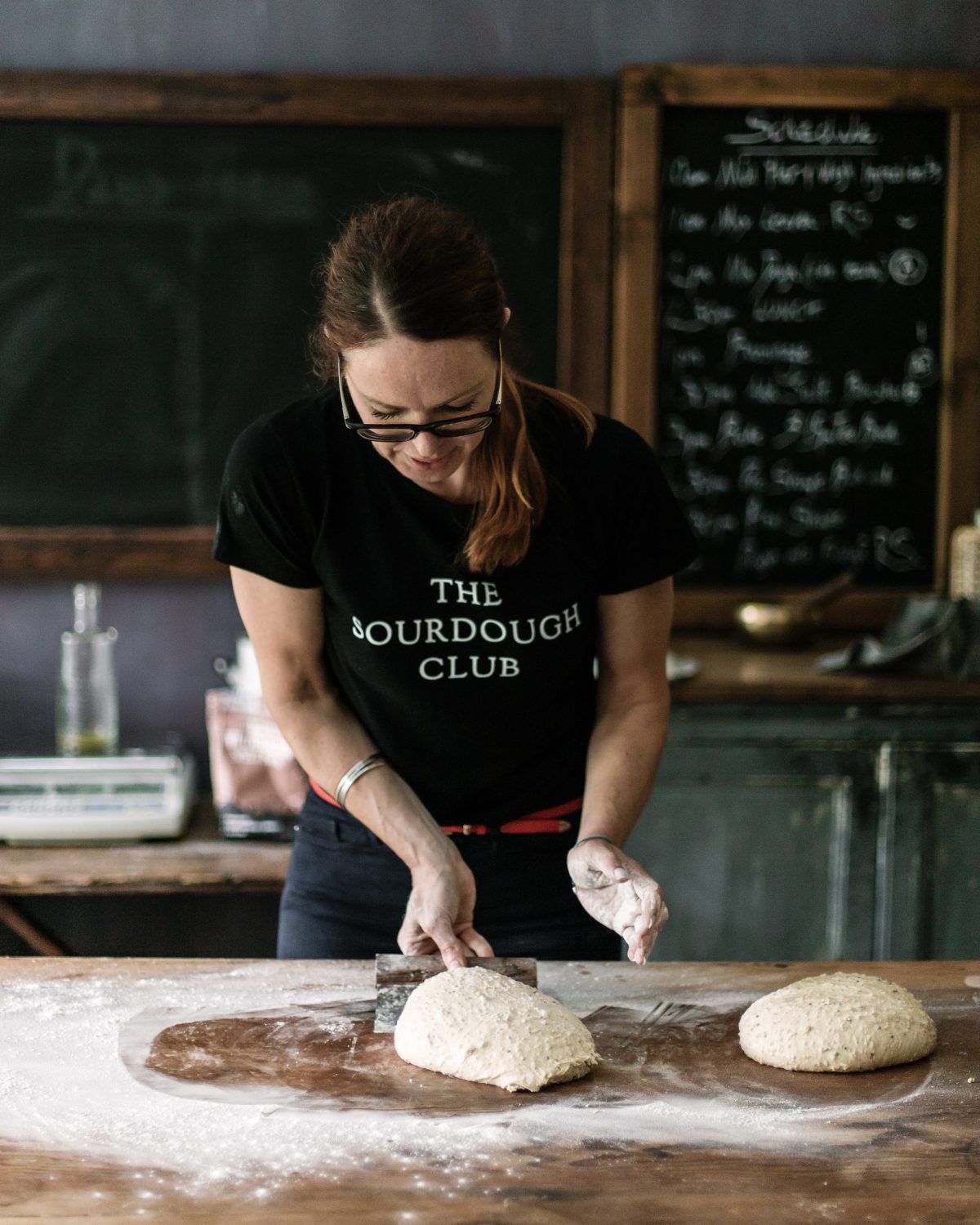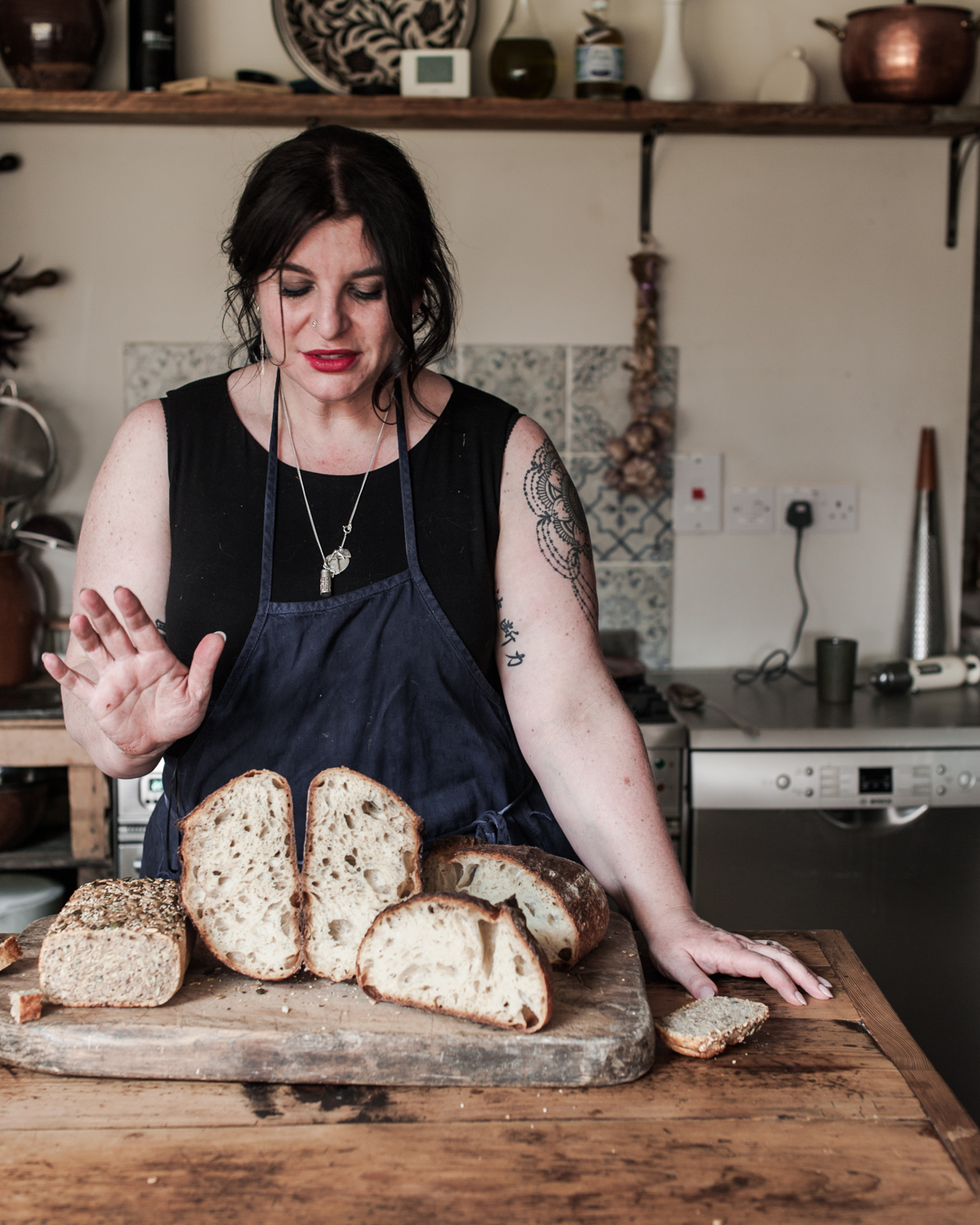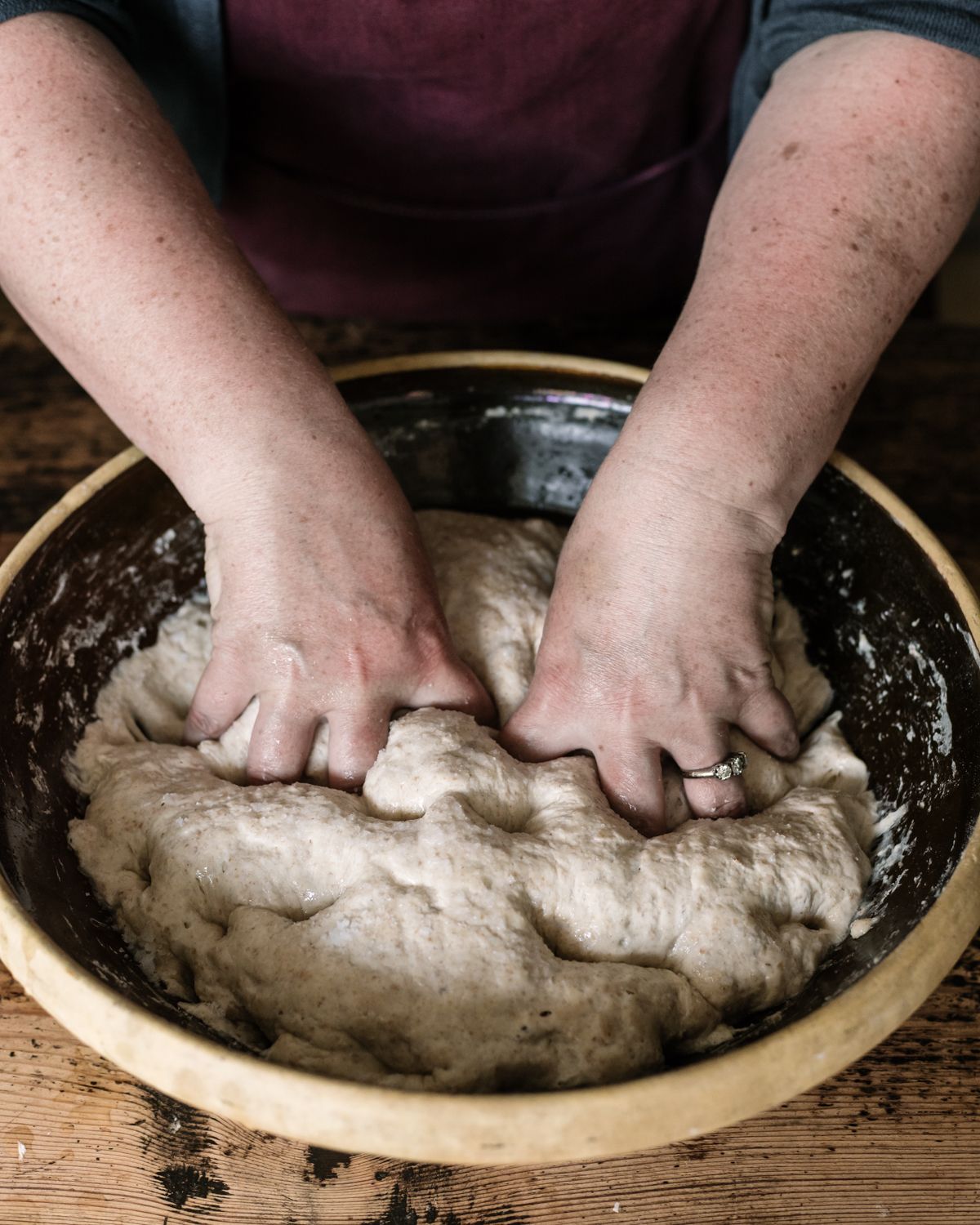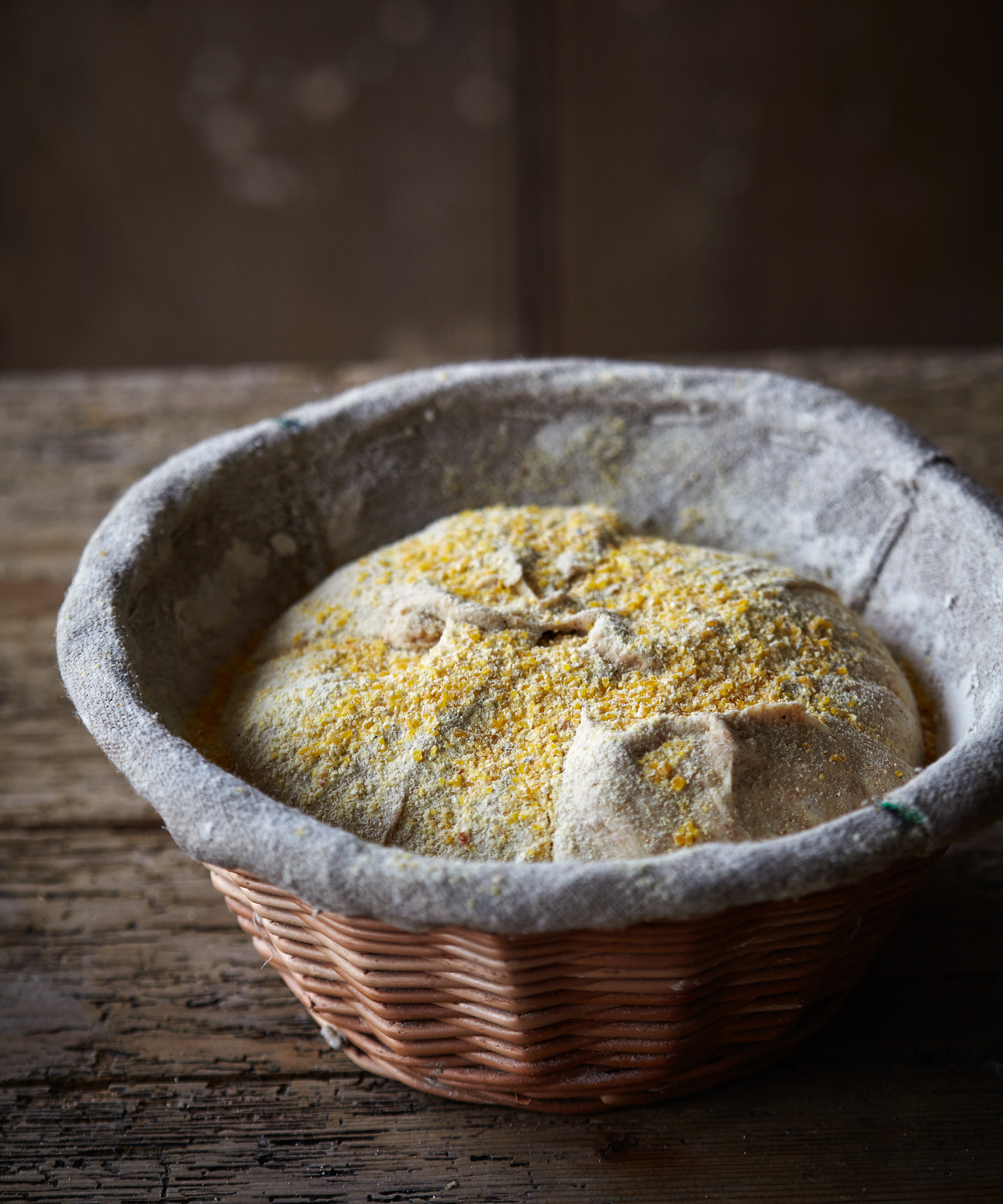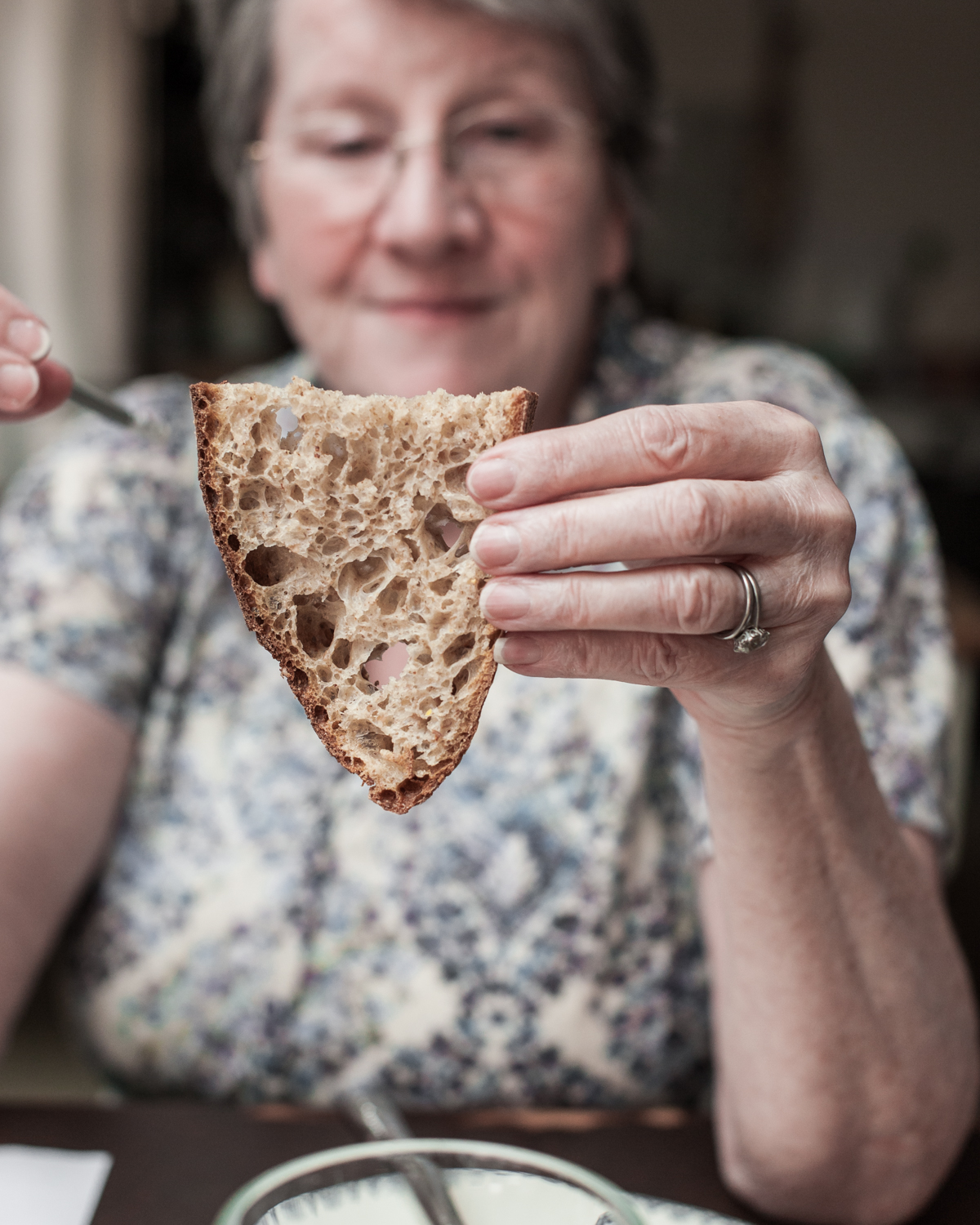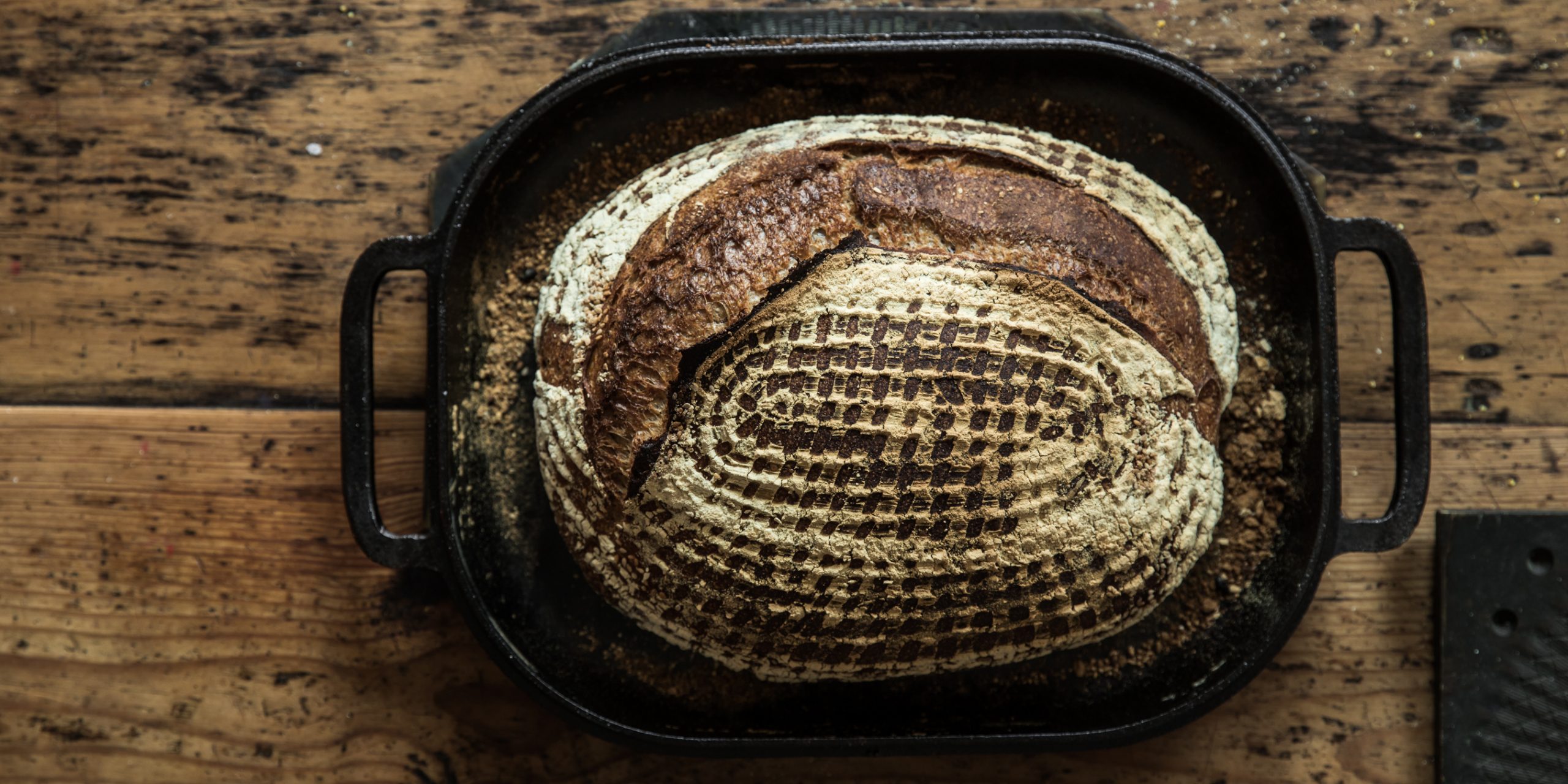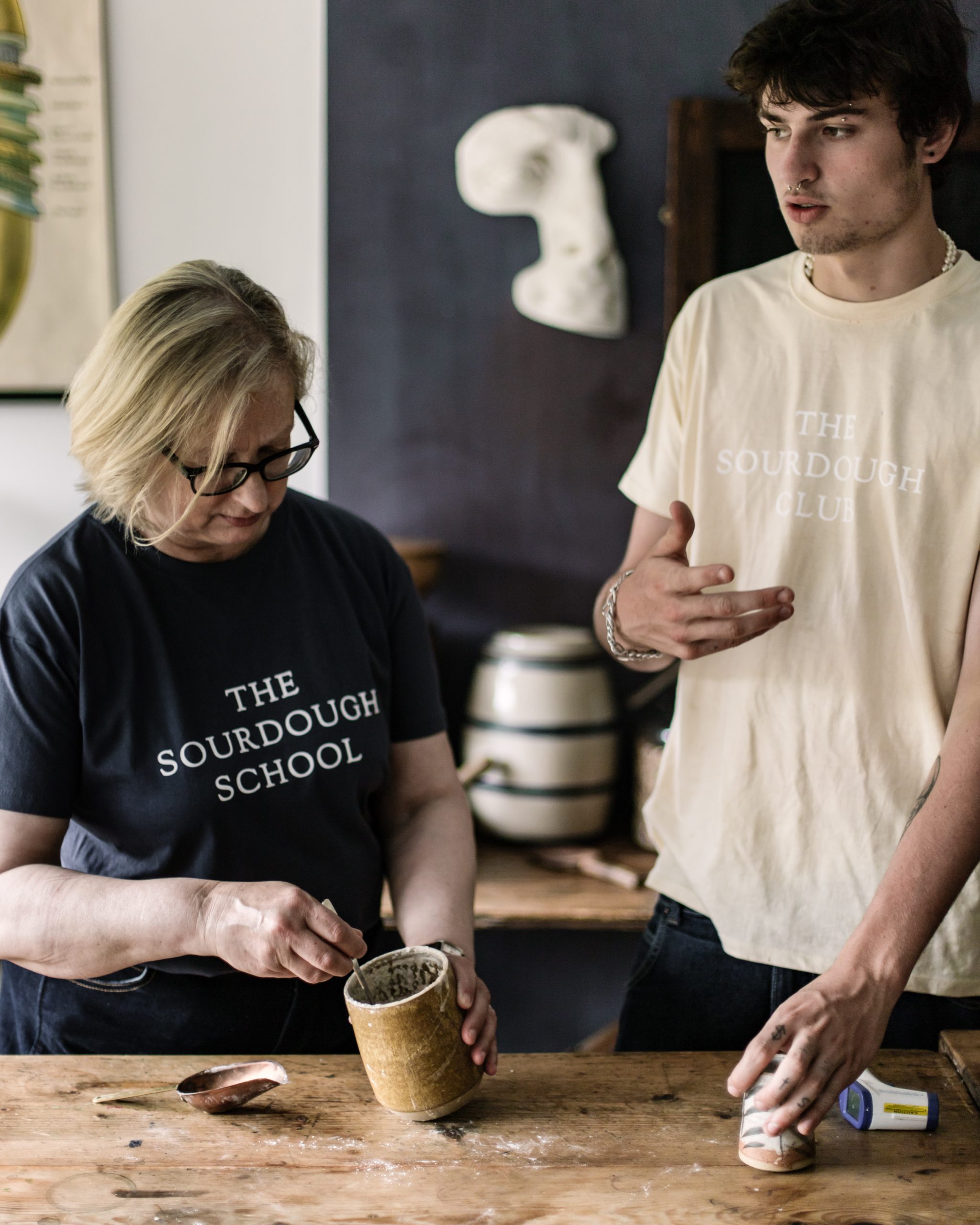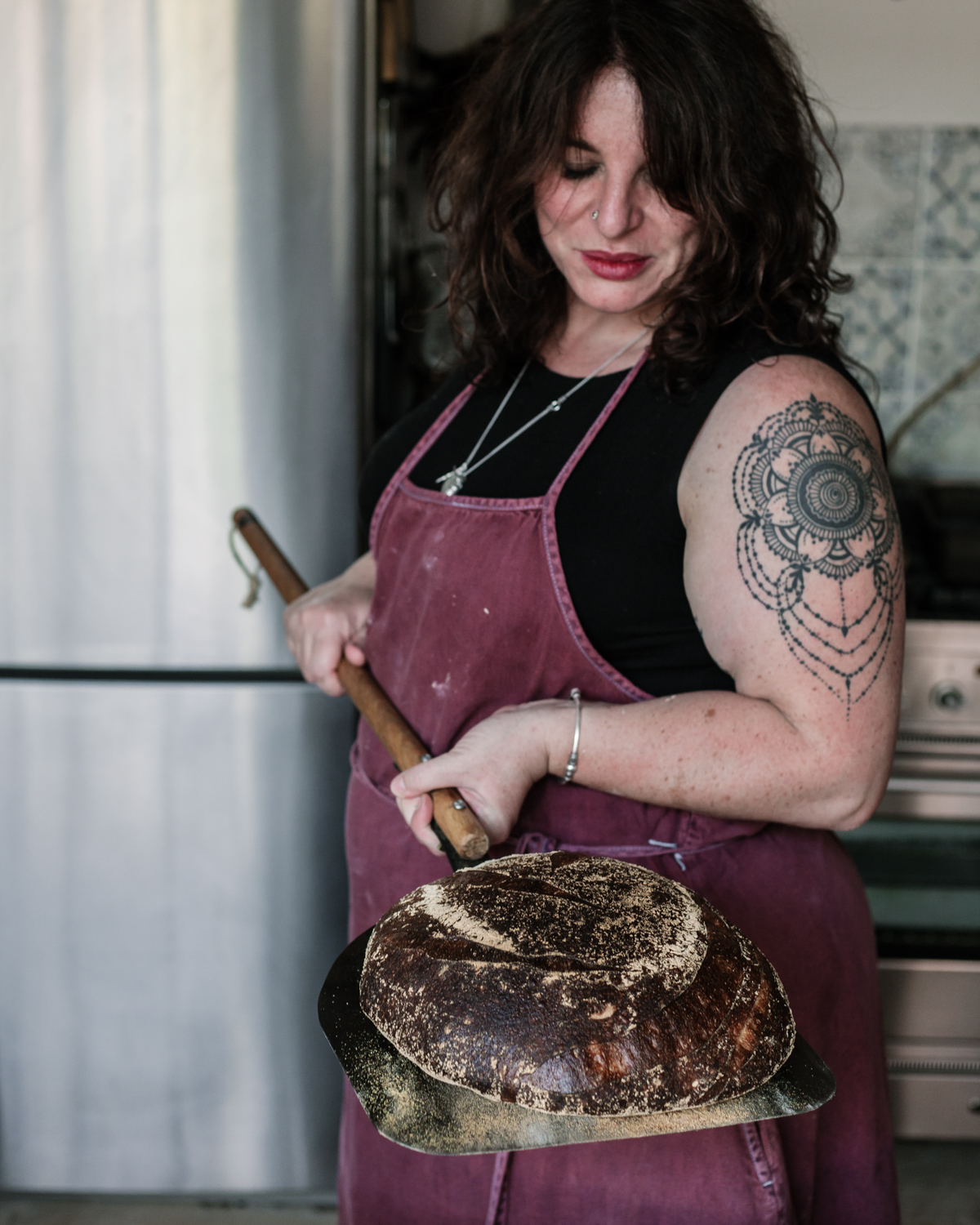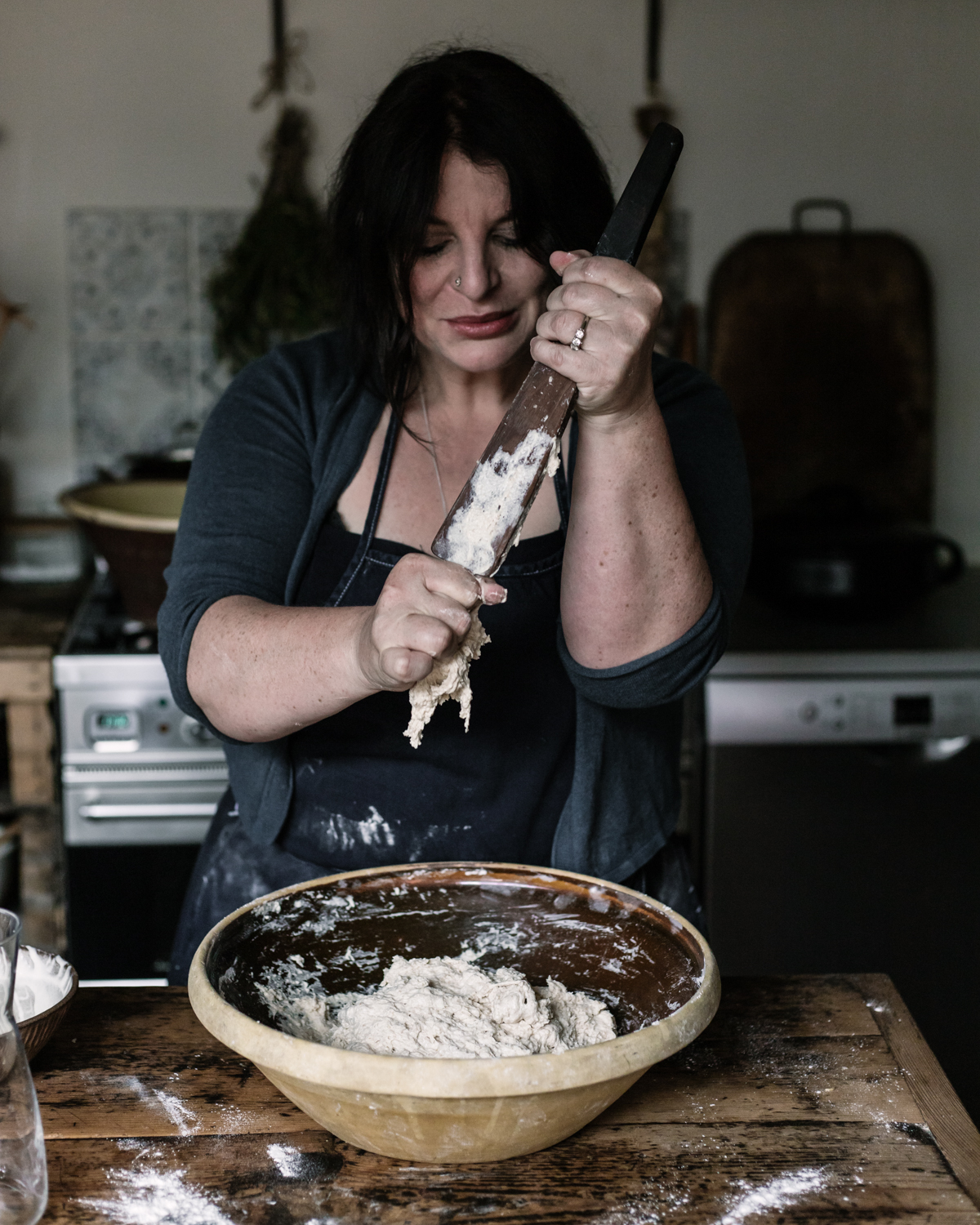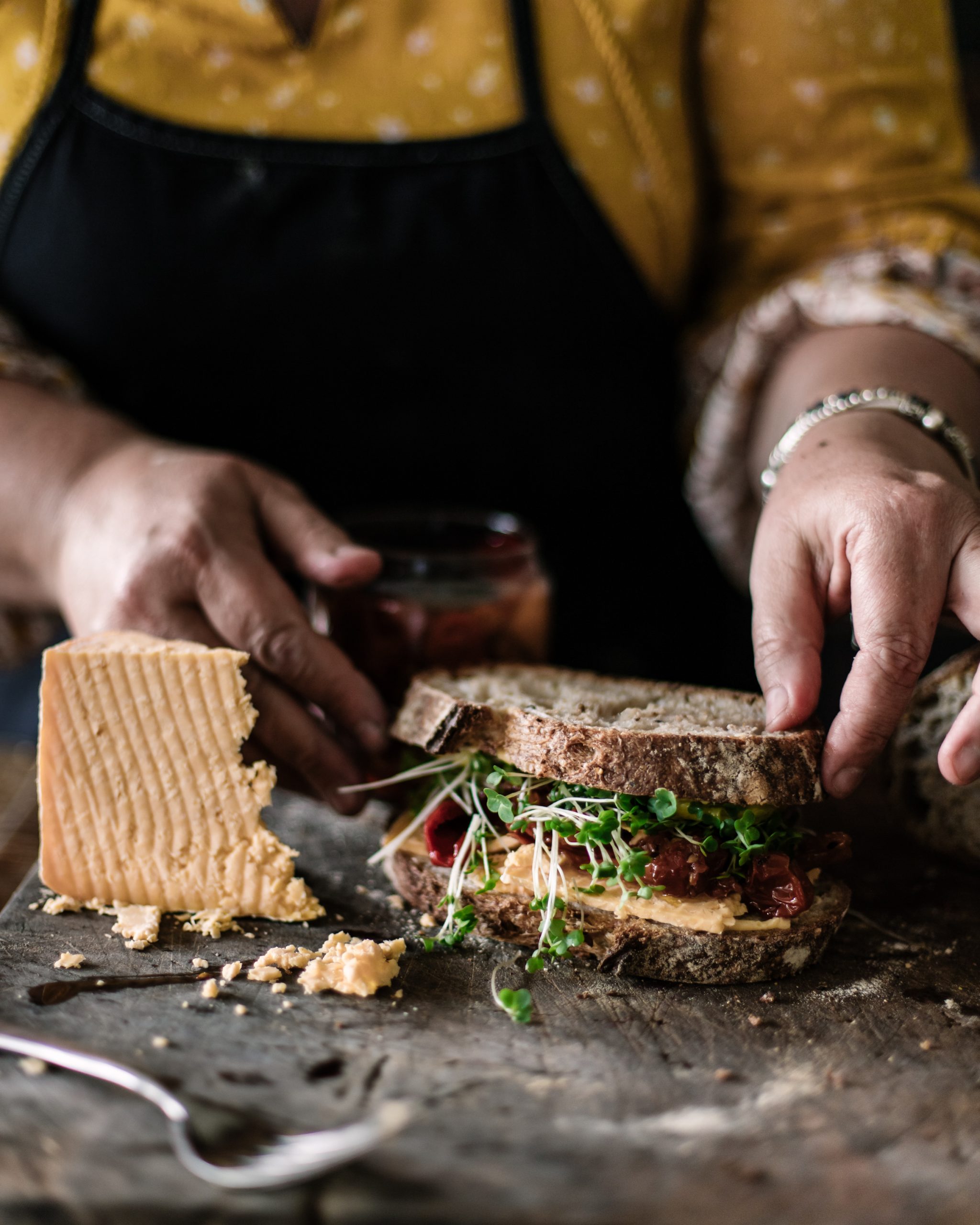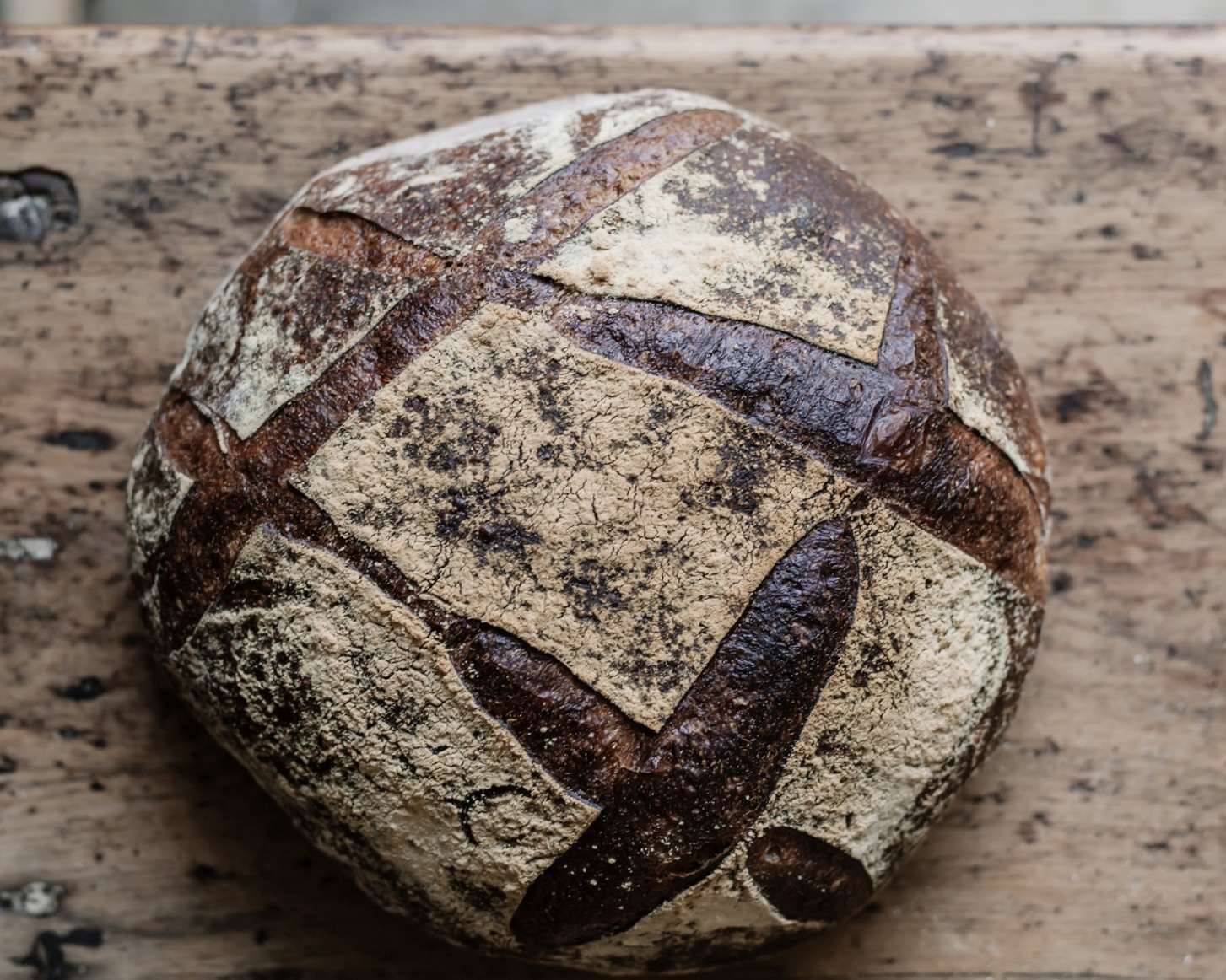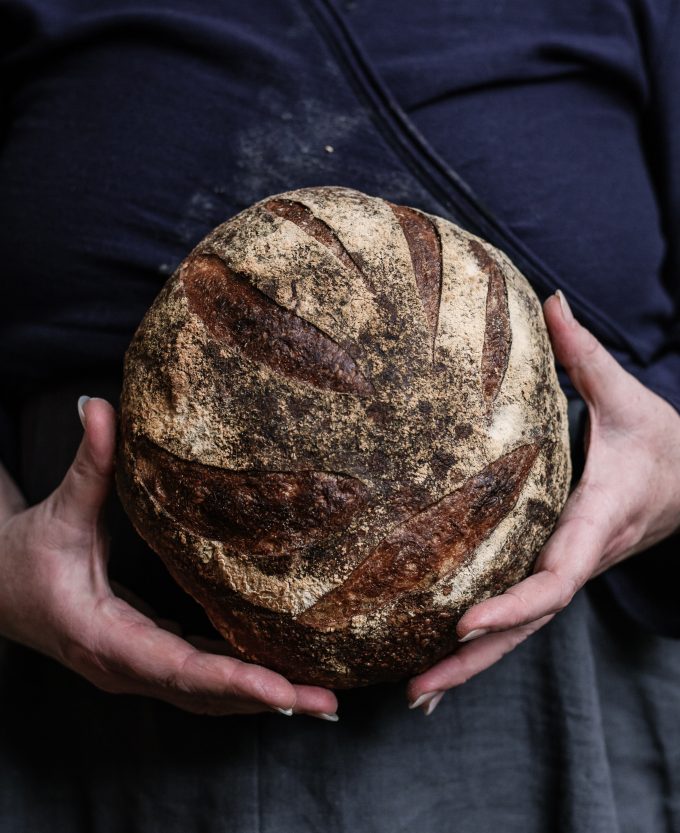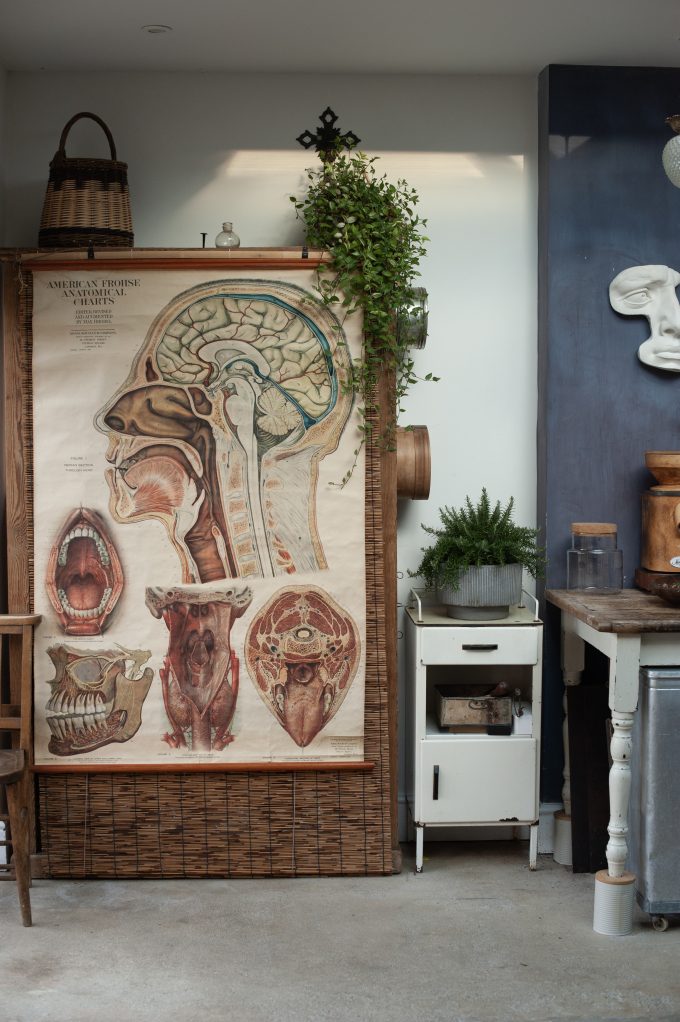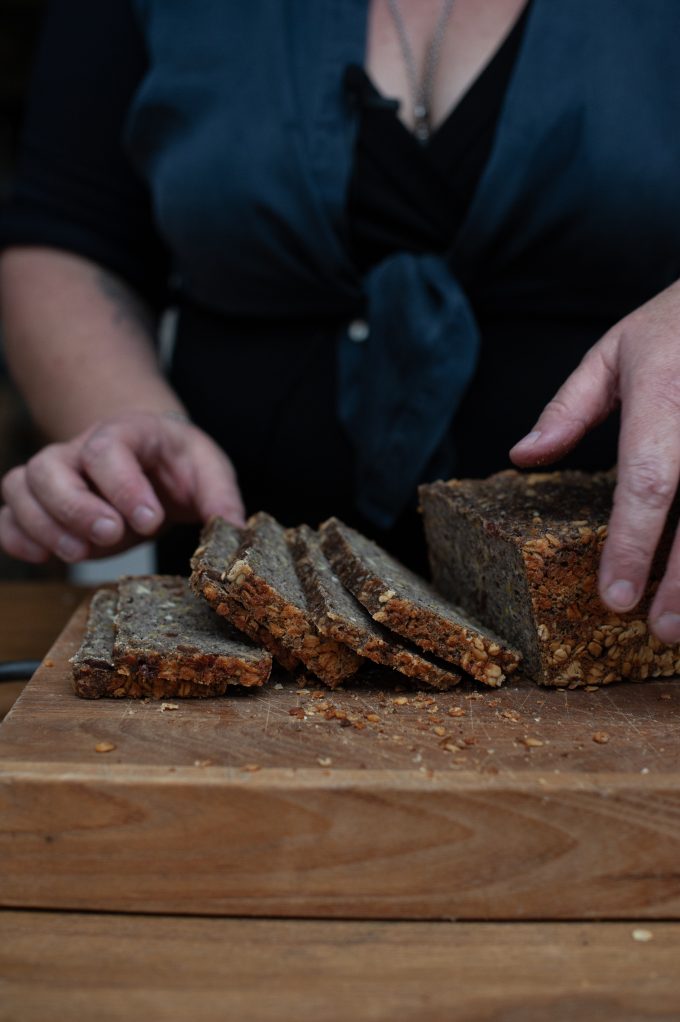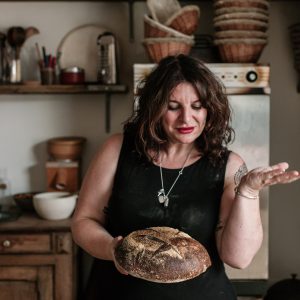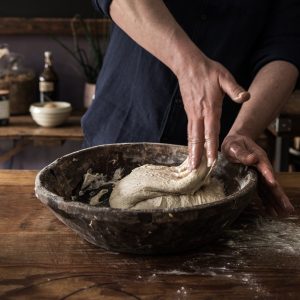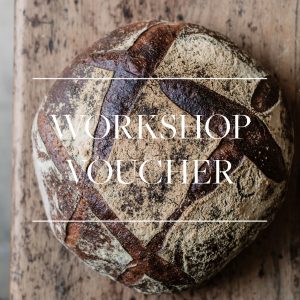‘Vanessa’s work on sourdough and the gut microbiome is changing the way we think of food, health and baking.’– Professor Tim Spector, Founder of Zoe
A Comprehensive Online training programme in Nutrition and Digestibility of Bread
Duration: 2 years
Total Live Q & A Sessions: 30 Live sessions (Over 3 terms) held on Tuesday evenings. ( Year 1 – 6pm – 7:15pm || Year 2 – 7:30pm – 8:45pm)
Terms: Spring, Summer Autumn, – our live sessions follow a traditional term timetable so you have breaks for Christmas, Easter, half terms and summer holidays
Self-Paced Learning: Structured support to keep students on track, but flexible to accommodate varying schedules
- This is a two-year immersion for professionals who want to understand bread in its fullest context: cultural, agricultural, biochemical and clinical. You learn to bake with the hands of an artisan and think with the precision of a clinician — using bread as both nourishment and a functional tool for health.
- Fermentation becomes the thread that connects everything: soil, micronutrients, gut ecology, neurobiology and behaviour. You begin to see bread not as a recipe, but as a system — a living interface between the land, the microbiome, and the human experience.
- Using your own Lifecode GX Nutricore test, you learn to design bread for your biology. You work directly with gene variants influencing methylation, energy production, detoxification pathways and metabolic resilience. This is where baking becomes evidence-based practice.
- You learn to bio-design bread, understanding the gut as the biochemical pantry that feeds every cell. You create loaves that nourish from the inside out — and you come to understand that each decision you make (the grain, the fermentation, the botanical components) shapes both physiology and the broader food ecosystem.
- By the end, you formulate your own personalised bread: a loaf that expresses your learning and reinforces the central principle of BALM — that bread, made with knowledge and intention, becomes an instrument of lifestyle medicine.
- This programme can be taken on its own or combined with an in-person workshop or retreat.
This course can be booked as a stand-alone course or alongside an in-person workshop or retreat.
THE THREE MODULES OF THE DIPLOMA IN BAKING AS LIFESTYLE MEDICINE –
YEAR 1 MODULE 1 FERMENTATION AS THE BRIDGE BETWEEN SOIL, GUT, BRAIN, AND BEHAVIOUR
— The art of fermentation
Understanding baking as a living system
This module explores the full craft and science of sourdough baking — the art of fermentation, time, temperature, and transformation.
Students learn to work farmers, explore soil and the relationship with nutrition, and work with with wild yeast and lactic acid bacteria, developing and maintaining healthy starters and understanding the microbial ecology that underpins great bread.
Through hands-on weekly baking tasks you build the knowledge throughout the course and master artisan baking skills with core knowledge for mixing, shaping, scoring, and baking a wide range of bread and baked goods including: advanced high hydration boules, baguettes, brioches, pizzas, sourdough pasta, sweet bakes and fermented pastries.
Alongside these technical skills, students bake to nourish the gut and create incredible flavours – milling and creating botanical blend flours and diverse grains and botanicals, learning how grain variety, fibre, and fermentation affect both flavour and digestibility.
The aim is to bake with the sensitivity and precision and skill of an artisan baker — bringing together baking science, craft, and nourishment to fully understand bread as a living, responsive system deeply connected to human health.
YEAR 1 MODULE 2 WHERE ARTISAN CRAFT MEETS CLINICAL UNDERSTANDING
— Nutrition, Digestibility and the Gut Microbiome
BAKING IN A WAY THAT FEEDS THE MICROBIOME AND THE MIND
This module examines how what we bake and eat influences the gut microbiome, digestion, and mental wellbeing. Drawing on Dr Kimbell’s doctoral research into Baking as Lifestyle Medicine (BALM), students study the evidence linking fermentation, fibre diversity, and botanical blends to improved digestive and psychological health.
The curriculum covers the nutritional composition of grains and flours including vitamins and minerals; the role of fermentation, fibre and short-chain fatty acids; and how probiotic and prebiotic foods support microbial balance, neurotransmitter production, and emotional regulation. Core topics include Blood sugar management, Stress and the impact on your gut, IBS, IBD, bowel cancer prevention, non-coeliac gluten sensitivity, and micronutrient metabolism.
Students also explore the emerging field of nutritional psychiatry, learning how gut–brain communication and neurotransmitter synthesis connect diet to mood and cognitive function. Through research-led discussion, reflective practice, and clinical context, this module provides the scientific foundation for understanding bread as preventative and therapeutic medicine.
YEAR 2 MODULE 3 — Personalisation of Bread and Nutrigenetics
Applying genetics and gut insight to personalised breadmaking
This advanced module integrates nutrigenetics, digestive health, and baking practice. A single, integrated syllabus that brings together nutrigenetics, gut health, and baking practice.
Each week explores a clinical or genetic context — for example, MTHFR, COMT, DAO, or digestive conditions such as IBS — and applies that knowledge through a corresponding bread formula or dietary strategy.
As part of the module, students complete a Nutrient Core genetic test to personalise their learning. The analysis highlights key gene variants linked to digestion, vitamin metabolism, detoxification, inflammation, and appetite control. The results are used to inform both dietary understanding and baking design, demonstrating how genetic individuality can shape the function and therapeutic potential of bread.
In the final stage of the Diploma, each student creates their own personalised bread — a practical expression of scientific insight, technical skill, and the BALM Protocol in action.
and learn how genetic polymorphisms and microbiome profiles influence digestion, metabolism, and neurotransmitters — and how to adapt bread formulas accordingly.
The focus is on translating genetic insight into practical, prescribable formulas, creating bread that supports specific physiological, emotional, and social needs.
In the second year, to graduate, students complete the Diploma by designing and baking their own personalised bread — an integrated expression of their learning that demonstrates both technical skill and an applied understanding of the BALM Protocol.
This final bake forms the centrepiece of their assessment and celebrates the synthesis of science, fermentation, and clinical insight.
_______________________________________________________________________________________________________________
‘Vanessa’s approach to baking nourishes both the gut and the mind.’
– Dr Michael Mosley‘This is a journey. And these aren’t just courses. Kimbell wants to change the bread we eat, one loaf at a time. She’s the real deal: a total inspiration.’
– Diana Henry, the Telegraph.LEARNING TO BAKE IN A WAY THAT CHANGES HOW YOU FEEL AND FUNCTION
